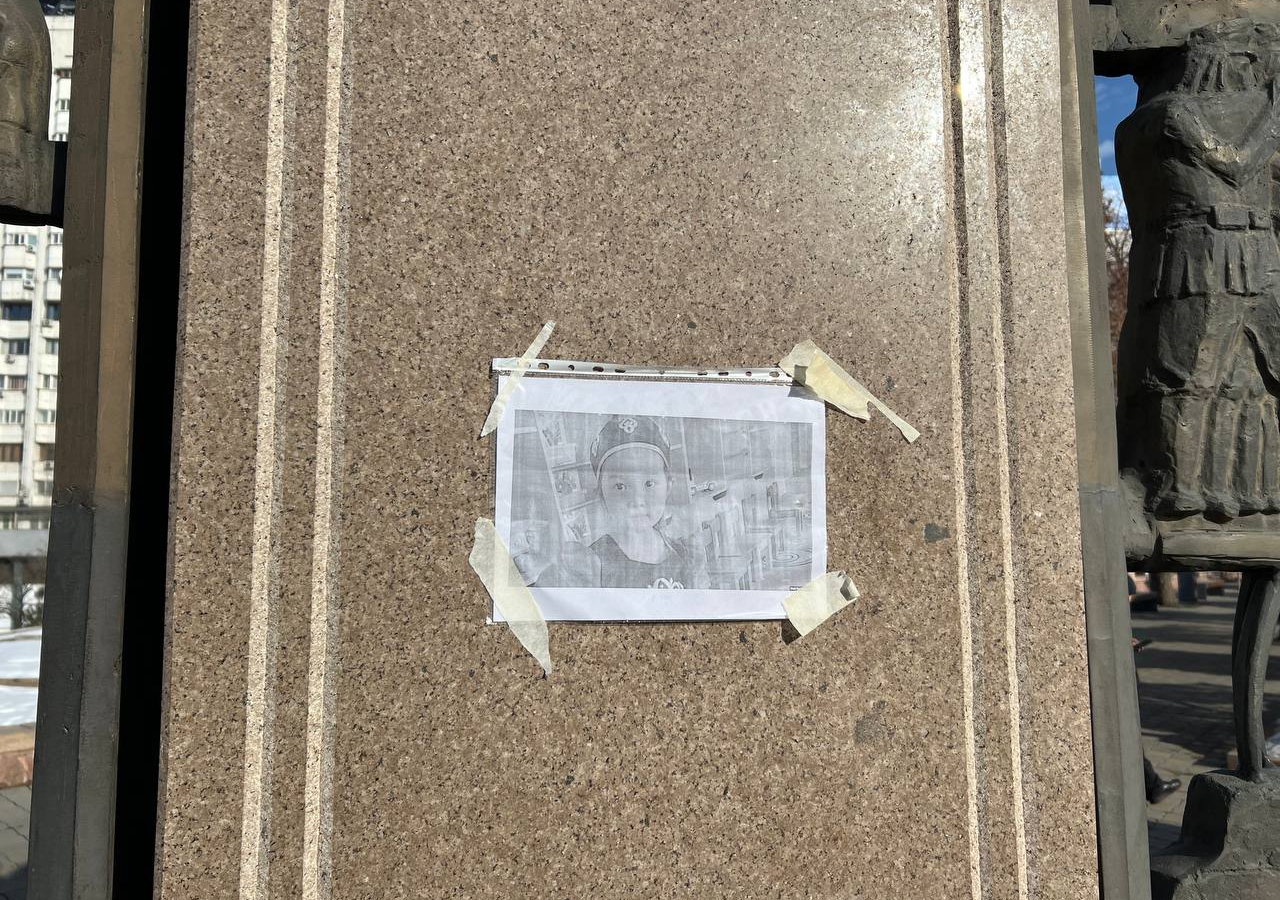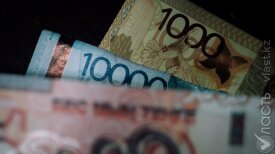On January 11, the Constitutional Court confirmed that the controversial law On the First President had to be scrapped. On January 13, the lower chamber of the Parliament voted to strike the law down. The abolition of the law, which protected certain members of ex-president Nursultan Nazarbayev’s family, was one of the main items on the agenda of a countrywide referendum that took place in June 2022. Importantly, however, a constitutional provision still protects Nazarbayev from prosecution.
Journalist Zhanargul Zhumatai, an ethnic Kazakh living in China, said that she feels threatened by the Chinese authorities and risks arrest. This is a rare public cry for help for a representative of ethnic minorities living in China’s western Xinjiang region. Open source intelligence and various testimonies confirmed the existence of “re-education camps” in Xinjiang, specifically designed for Muslim minorities.
In relation to China’s decision to ease COVID-19 restrictions, the rules at the border points between Kazakhstan and China have returned to a pre-pandemic configuration. Reduced restrictions for trans-border crossing of both goods and people could boost trade, the two governments hope.
Maksat Kozhabayev, former deputy of the Anti-Corruption Agency, was detained on suspicion of corruption, the National Security Committee said in a press release. Kozhabayev had worked in anti-corruption state apparatuses since 2012 and held the role of prosecutor in the southern city of Shymkent in 2018-2021. He was fired from the Agency in April 2022.
A rally, planned for January 7 in Almaty’s Republic Square, failed to take place, mostly because of the massive police presence around the square. Several individual people, however, approached the Independence Monument to lay flowers and commemorate those who were killed during Bloody January the year before. One activist placed a photo of Aikorkem Meldekhan near the monument, to mourn the killing of the 4-year-old during the repression of the protests.
On January 11, energy minister Bolat Akchulakov said that Kazakhstan’s annual oil production exceeded the plan by 1.6%. In the past 12 months, 84.2 million tons of crude oil were extracted in Kazakhstan. Natural gas production also grew beyond the plan, amounting to 53.3 billion cubic meters. Most of the excess volumes of oil and gas produced were exported to foreign markets. Unexpectedly high oil prices have boosted production in 2022.
The lobbying for Kazakh oil continues in Germany, as the European country tries to rid itself from any imports of Russian oil. Kazakhstan’s authorities said they plan to send a first batch of 20,000 tons of oil to Germany through the Druzhba pipeline, which passes through Russian territory. In total, pipeline operator KazTransOil said on January 13 that it plans to ship 300,000 tons of oil to Germany in the first quarter of the year. The Kazakhstani side is awaiting the Russian government’s green light on the shipment.
Kazakhstan’s sovereign wealth fund transferred $4.3 billion to the state budget in 2022, while the Central Bank spent $1.4 billion to protect the national currency, the tenge, from a sharp depreciation against the US dollar. The latter figure is mostly made up of the monetary injections to help the tenge in March 2022, when the Central Bank sold at least $990 million.
Kairat Kelimbetov was dismissed as the head of the Astana International Financial Center (AIFC) late on Friday, January 6. His replacement, Renat Bekturov, worked as the financial director of the AIFC. Before being hand-picked to head the newly-established stock exchange in 2015, Kelimbetov had served as Central Bank chief.
Поддержите журналистику, которой доверяют.








